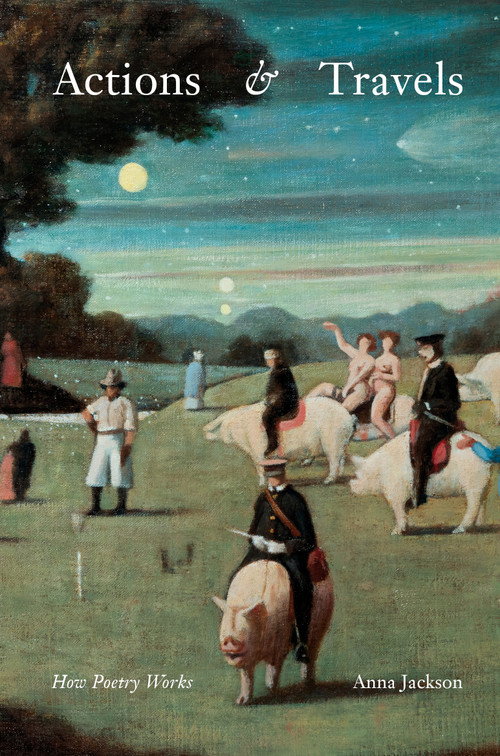
Always Italicise: How to write while colonised
Alice Te Punga Somerville
Winner — Ockham New Zealand Book Awards 2023
A first book of poetry from acclaimed Māori writer and scholar Alice Te Punga Somerville.
Shrink-wrapped, vacuum-packed, disassembled, sold for parts,
butt of jokes, scapegoats, too this for that, too that for this,
gravy trains, too angry, special treatment, let it go . . .
‘Always italicise foreign words’, a friend of the author was advised. In her first book of poetry, Māori scholar and poet Alice Te Punga Somerville does just that. In wit and anger, sadness and aroha, she reflects on ‘how to write while colonised’ – how to write in English as a Māori writer; how to trace links between Aotearoa and wider Pacific, Indigenous and colonial worlds; how to be the only Māori person in a workplace; and how – and why – to do the mahi anyway.
I wanted to pick up baby, and I wanted to pick a fight:
The eternal Waitangi Day dilemma.
Author
Alice Te Punga Somerville (Te Āti Awa, Taranaki) is a scholar, poet and irredentist. She researches and teaches Māori, Pacific and Indigenous texts in order to centre Indigenous expansiveness and de-centre colonialism. Alice is a professor in the Department of English Language and Literatures and the Institute for Critical Indigenous Studies at the University of British Columbia. She studied at the University of Auckland, earned a PhD at Cornell University, is a Fulbright scholar and Marsden recipient and has held academic appointments in New Zealand, Canada, Hawai‘i and Australia. Her first book Once Were Pacific: Māori Connections to Oceania (University of Minnesota Press, 2012) won Best First Book from the Native American & Indigenous Studies Association. Her most recent book is Two Hundred and Fifty Ways to Start an Essay about Captain Cook (BWB, 2020).
Awards
Winner — Ockham New Zealand Book Awards 2023 — Mary and Peter Biggs Award for Poetry
Endorsements
‘Biting, cheeky, defiant, sage – Alice’s words speak out against injustice, speak up for the overlooked and sidelined, and speak softly for the tamariki. Always Italicise is a collection to carry closely.’ — Aroha Harris
‘This is a vital semantic offering from the centre to the outer reaches, through oceans and archives and tender hearts. This is a lesson on the power of language, institutions and love, written with astute wit and bite to swill, pulse and survive, and ultimately choke in the disciplinary mouths of empire.’ — Natalie Harkin




